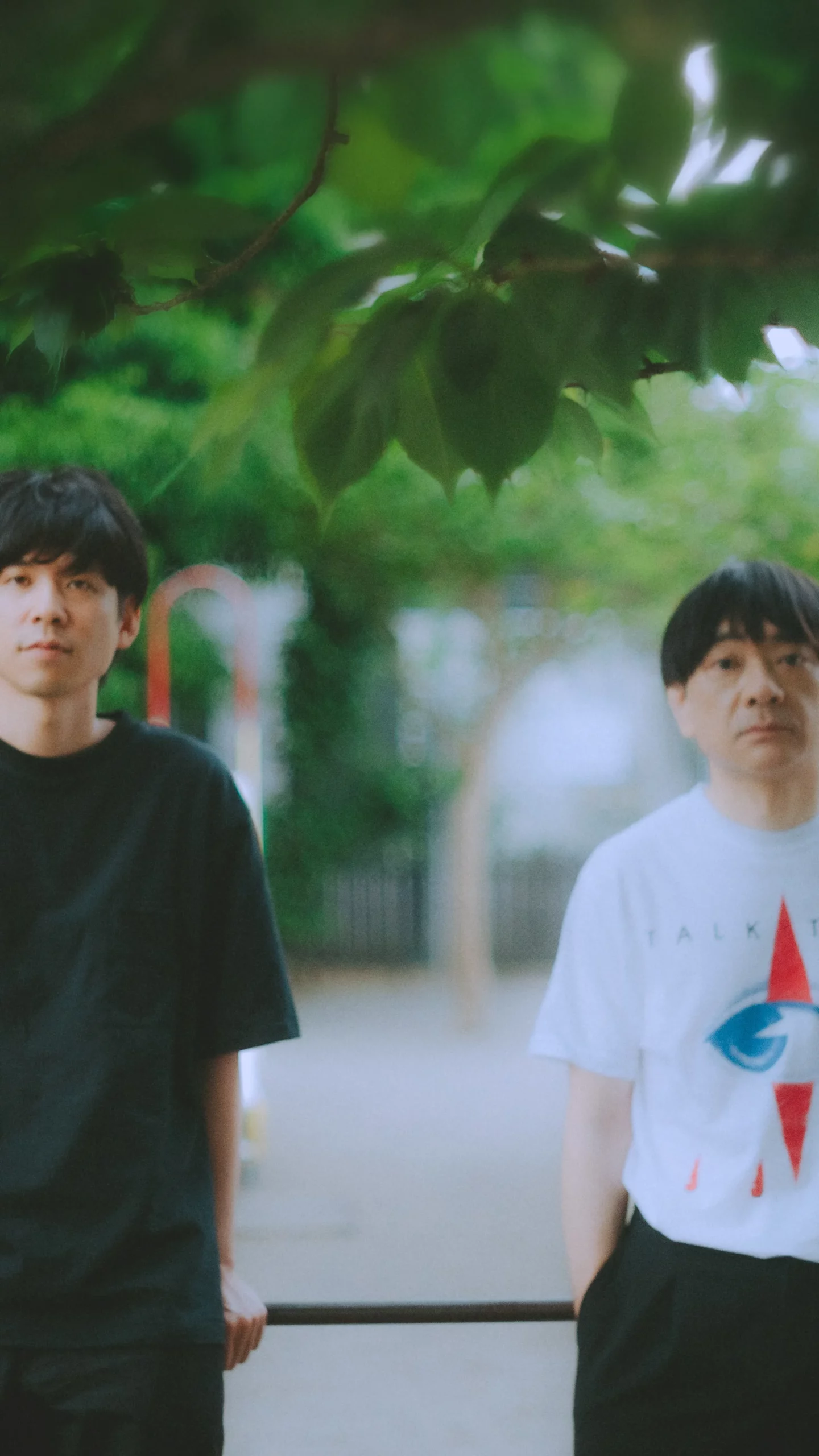INDEX
Common Views on “Psychedelic” and a Shared Fascination with Krautrock
Was it around the time of “homely” that you really started getting into that kind of music?
Deto: Yeah, that’s right. Until then, most of our songs were about four or five minutes long, but Ishihara suddenly told us to play them twice as long. I was wondering if we could really keep it interesting that way, but after doing it many times and listening back to the recordings, I started to understand how fascinating it was.
Oyamada: Ishihara really is amazing.
When did you start listening seriously to German rock around that time?
Oyamada: I got really into it in my late twenties, but I had listened to bits and pieces before that. For example, with CAN, I first heard Holger Czukay’s “Persian Love” on the 1981 Snake Man Show album “I Hate Dying, I’m Scared. No War!” At the time I just thought the strange radio sounds were a joke, but later when I got older and listened to CAN properly, I realized that was CAN’s member.
So a childhood memory unexpectedly resurfaced.
Oyamada: Exactly. But the order I really got hooked was NEU! first. On the “FANTASMA” U.S. tour, I was listening to NEU! on earphones while traveling on a highway bus. The landscape outside the window perfectly matched the music. That feeling of an endless, gradually changing scenery synced completely with NEU!’s sound.
Deto: I understand that feeling — when the landscape and music strangely fit together. Not just with German music, but also with Terry Riley and other minimalist music, it gave me a chance to focus on more spatial aspects of music beyond the usual emphasis on chords, melodies, structures, and lyrics.
Oyamada: Even as I was working toward “POINT,” there was definitely a shift in my sense of music.
Deto: When I first listened to “POINT,” I also felt I was hearing it in a different way than usual. Like I said earlier, this might be what psychedelic music really is.
“Psychedelic” seems to be a key word when talking about both of your music.
Oyamada: For me, especially around the time of “FANTASMA,” I was consciously trying to create something psychedelic. I was heavily influenced by late 1960s bands like The Beach Boys, The Millennium, and Os Mutantes.
So you were drawn to the more structured and uniquely textured side of what’s called “psychedelic” music?
Oyamada: Exactly.
How about you, Deto?
Deto: My dad and the adults around me were influenced by hippie culture from a young age, so I grew up hearing iconic psychedelic music from that era, like Jimi Hendrix and Cream.dhood.
But because it was so familiar, it felt like a fixed style to me, and actually, I tended to avoid hippie-style music back then, partly as a reaction against my dad’s tastes. However, the psychedelia I felt from “FANTASMA” and “POINT” was something different. It resonated as a kind of counter to the typical ideas of “psychedelic” and “hippie” music.

























